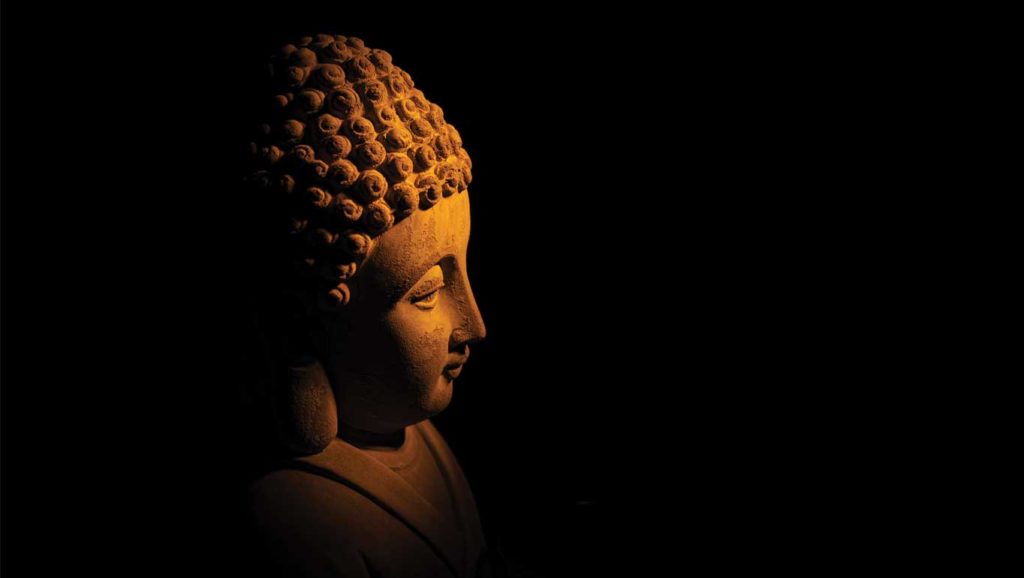For several thousands of years, seekers have tried to decode the deepest secrets of life, happiness, and the universe. There are many abundant sources of such precious insights available from various regions of the world. One such perennial stream of wisdom has been through the life of Gautama Buddha, an extraordinary seeker who attained enlightenment through meditation and wisdom. Why not also consider how beneficial it could be to learn and share knowledge and spiritual wisdom from various cultures and regions worldwide?
Vesak Day is the celebration of Buddha’s birth and enlightenment. It is observed across the world on the day of the full moon between May/June, depending upon the lunar calendar. On Vesak Day, temples are lit up with lamps (symbolizing the radiance of knowledge and awareness), flowers are offered to statues of Buddha (symbolizing purity and love), and charity events are organized for the poor and homeless (embodying peace and compassion).
People worldwide devote themselves to praying, fasting, meditating and recalling the teachings of Buddha. One of the popular ceremonies includes worshipping the statue of Baby Buddha as it marks a new beginning filled with energy. In India, people traditionally take dips in the holy river Ganga (symbolic of spiritual wisdom) to wash away their sins (symbolic of ignorance). They also visit the Mahabodhi Temple in Bodh Gaya, where Buddha received enlightenment (nirvana, literally meaning ‘extinguishing’ sorrows and the cycle of birth and death). In China, people observe the festival by visiting pagodas and lighting incense, candles, and lanterns. At the same time, the Japanese celebrate the day with flowers and organize ‘Hanamatsuri’ (Flower Festival), where Buddha statues are bathed with a special flower juice. In South Korea, people give out free food and light up lotus lanterns to mark the auspicious day. In Thailand, colorful ceremonies involve energy-filled processions accompanied by Buddhist music or the chanting of mantras.

People also dress in traditional attire or yellow robes symbolic of Lord Buddha’s renunciation from worldly life that represent knowledge acquired through enlightenment. In Sri Lanka, there is a tradition of painting houses white to symbolize the purification of the mind before embarking on a spiritual journey. People usually carry flags featuring images of Lord Buddha while partaking in musical parades involving a multitude of instruments and singing verses from holy scriptures. These scriptures often relate to the birth of Lord Buddha and his teachings about four noble truths, which espouse non-attachment from materialistic possessions to attain true happiness.
The methods of celebration across various countries and cultures are innumerable, but the primary purpose is to recall the simple principles given by Buddha to make our life simpler and happier. These guiding principles are still as relevant today as when first espoused. As employees, founders, executives, spouses, parents, siblings, and kids at home, is life simple and free of sorrow? Of course not, life has difficulties, tensions, anxieties, and frustrations due to various everyday situations and interactions. That was the first point Buddha reminded us all of: firstly, there is suffering in life, and secondly, there is a cause for this suffering. Thirdly, it is possible to resolve this misery. Lastly, there’s a way to do so. Merely recognizing these ideals allows one to bring a shift from within.
Buddha’s Way is a path that emphasizes his core values; that are relevant not just for inner peace in our personal lives but also for a happier global society in a modern era so full of conflicts and uncertainties. The noble eightfold path is a method that people of all cultures can take on board to attain an end to suffering. Specifically, the tenets of this path constitute having the Right View, Right Intention, Right Conduct, Right Speech, Right Livelihood, Right Effort, Right Mindfulness and Samadhi (equanimous state of mind). To this day, thousands of people still remember and try to instill these principles into their lives, especially on Vesak Day. Vesak Day is an occasion to awaken, to break through the repetitive cycles of thoughts, desires and attachments that keep us endlessly busy. It is an occasion to strive to try to end suffering in life.
It is a juncture to try and realize the purpose for one’s own life, and it is also the time to help others with compassion and care. To do all this, the key is to have a firm intention to discover more about life, yourself and the world, and to have an open mind to gain wisdom from all directions. If you have achieved even a pinch of this state, you have a great reason to celebrate Vesak Day this year. May this Vesak Day bring more wisdom and happiness to all!



